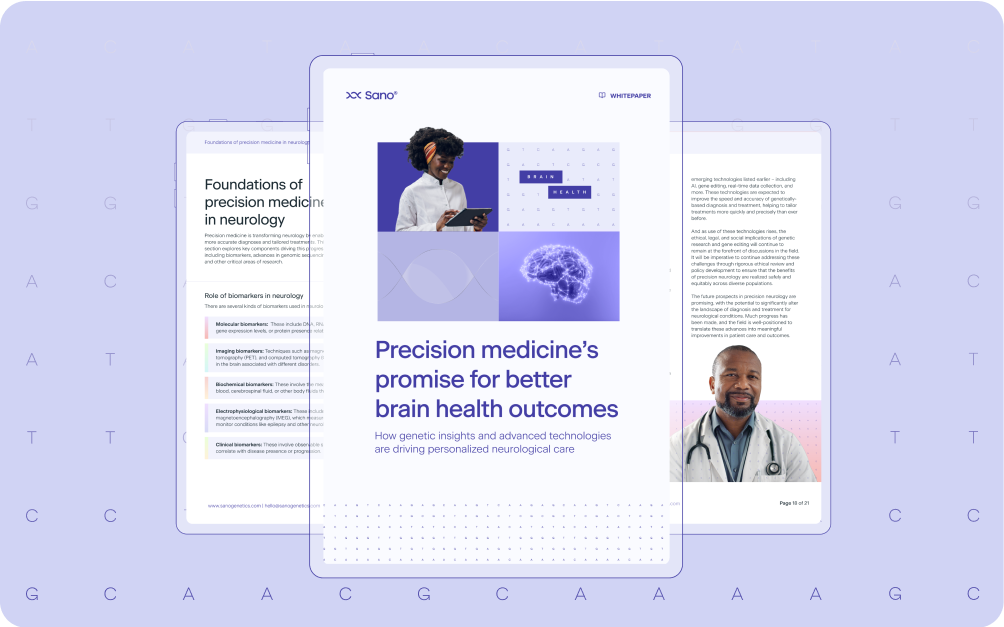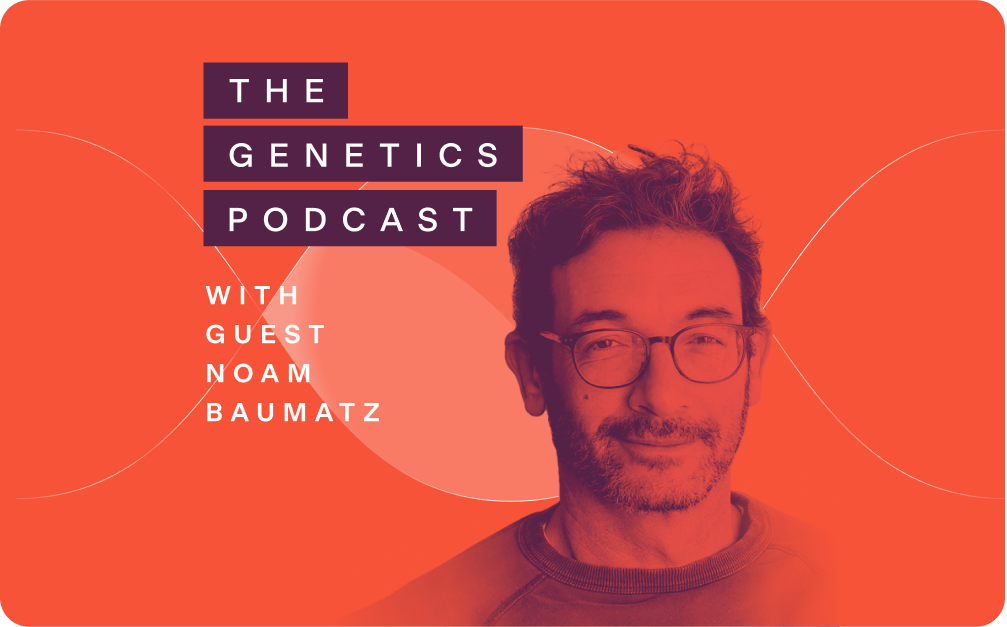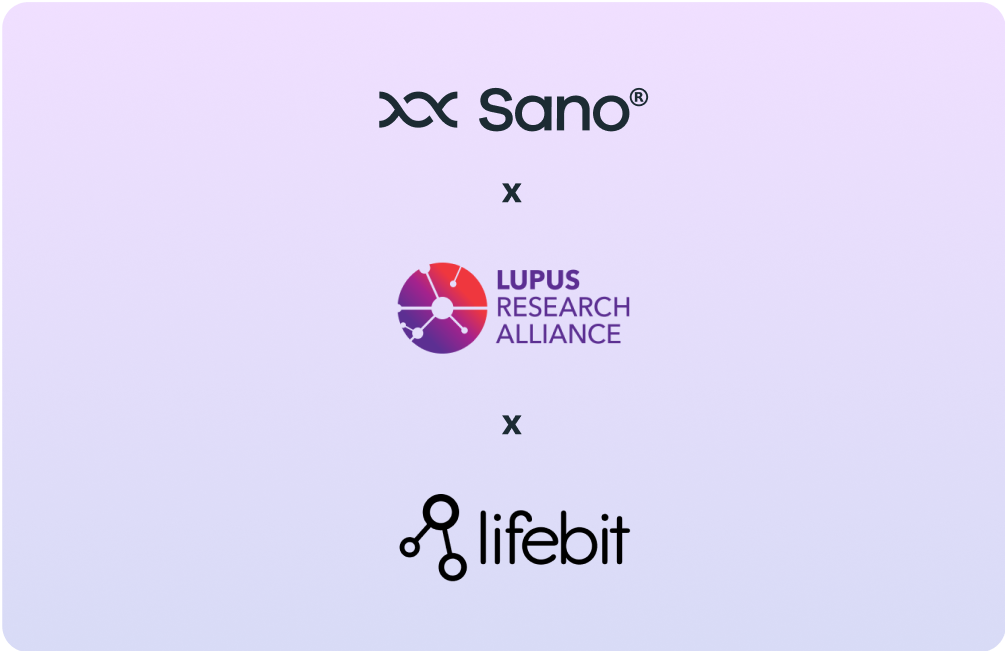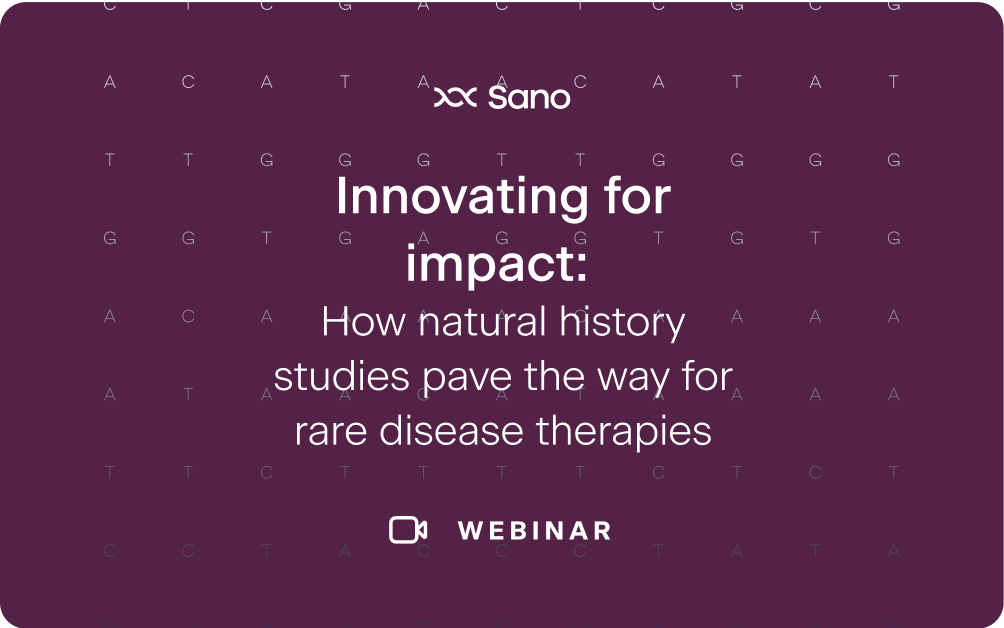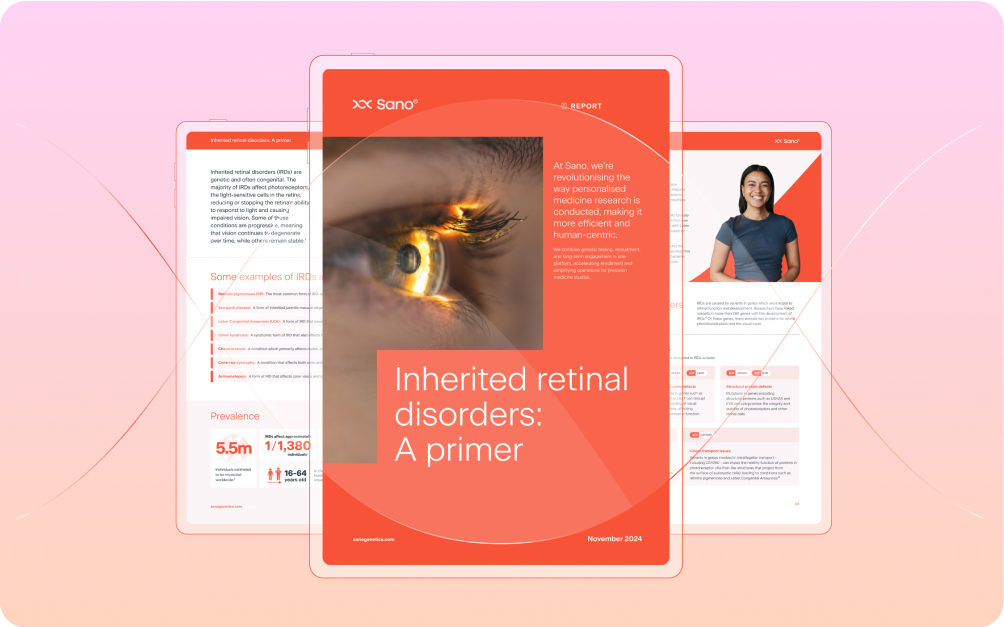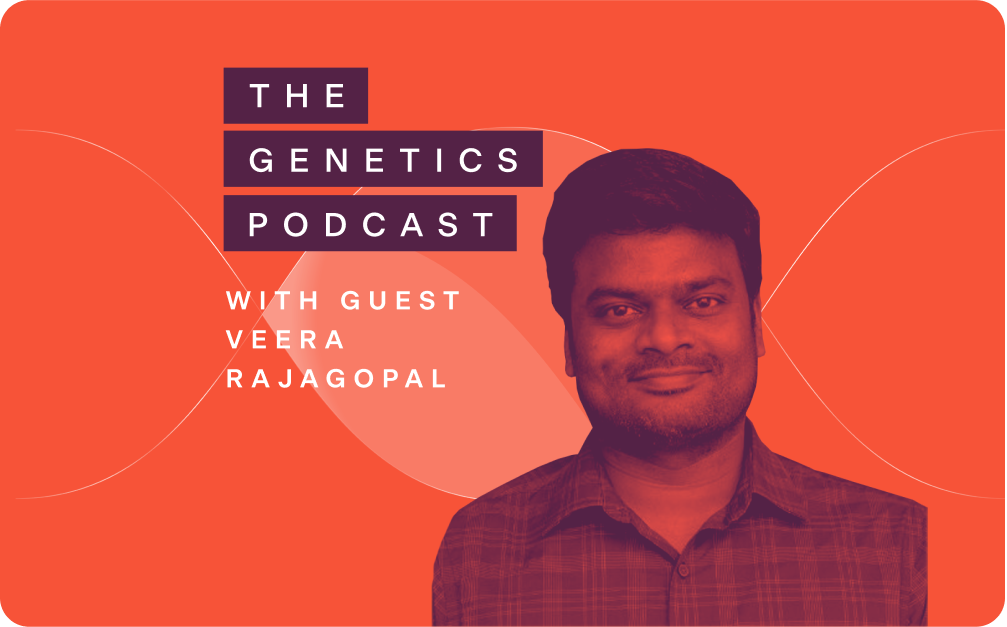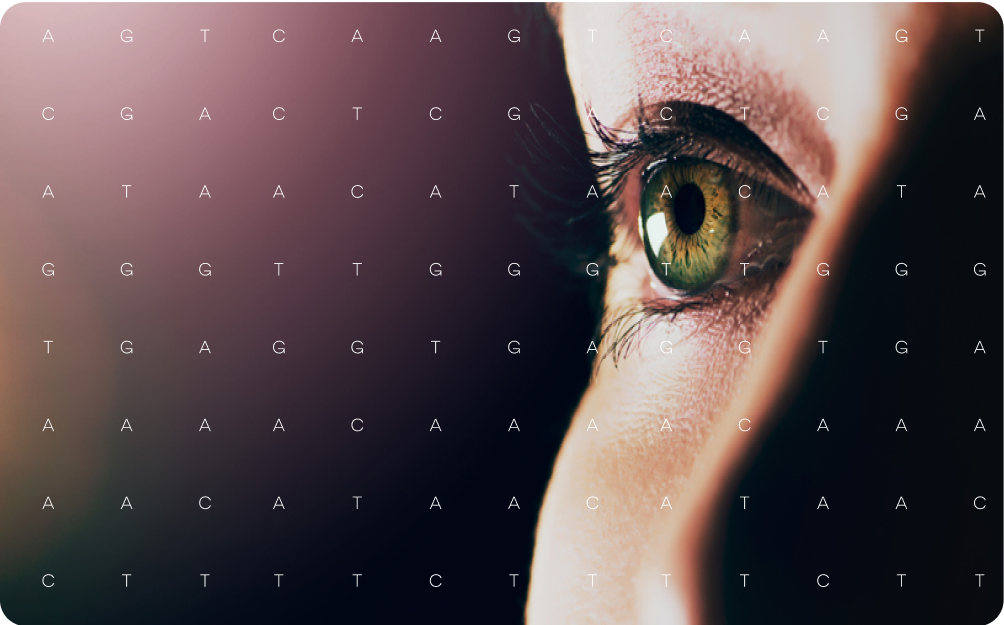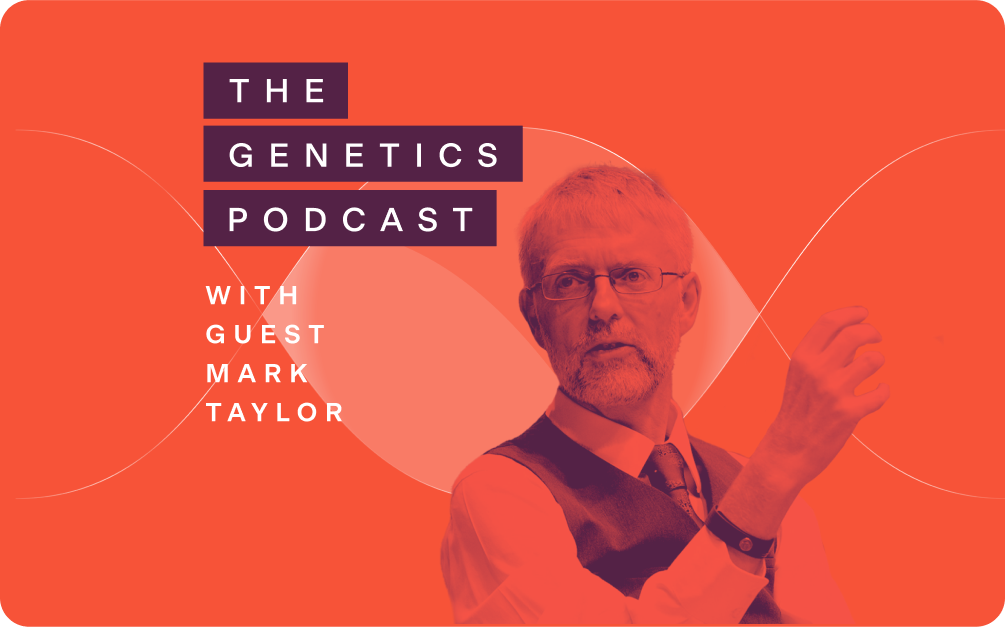Clinical research blog
Explore our blog for insights into the big questions in precision medicine and clinical research.
Millions of people worldwide are affected by neurological disorders like ALS, Alzheimer’s, and Parkinson’s. These conditions bring unique challenges for patients and healthcare providers, but precision medicine is helping change how we approach them. By focusing on the genetic and molecular causes of these diseases, precision neurology is opening the door to more effective, personalized care.
In the most recent episode of The Genetics Podcast, host Patrick Short speaks with Noam Baumatz, co-founder and CEO of Noga Therapeutics. Noam shares his deeply personal journey into gene therapy and the mission behind Noga Therapeutics, a company focused on developing gene therapies for rare genetic disorders. The conversation explores Noam’s work, the powerful motivation behind it, and how it supports families through rare diseases.
Today, the Lupus Research Alliance (LRA) launched the Data Repository, Exchange, and Analytics Platform (DREAM)—a pioneering knowledge-sharing platform dedicated to advancing lupus research. DREAM offers two interfaces: one designed for secure data-sharing and collaboration among researchers, and another focused on research engagement for individuals living with lupus.
In a recent webinar, former Reata Pharmaceuticals CEO Warren Huff shared his journey leading the company from its founding in 2002 to its landmark acquisition by Biogen in 2023. Warren offered an in-depth look into Reata’s development of Skyclarys, the first FDA-approved treatment for Friedrich’s ataxia, a rare neurodegenerative disease that dramatically affects patients’ quality and length of life. Below is a quick summary of the key bits of info from the webinar.
Inherited retinal disorders (IRDs) are a diverse group of genetic eye conditions that impact millions worldwide, affecting light-sensitive cells in the retina and leading to vision impairment. Our latest report, "Inherited retinal Disorders: A primer," explores these conditions, their prevalence, the genetics behind them, and current treatment options.
In the latest episode of The Genetics Podcast, Patrick welcomes back Dr. Veera Rajagopal, a drug discovery scientist at Regeneron, for his quarterly discussion about the latest breakthroughs in genetic research. Together, they take a close look at some of the most exciting papers from the past few months, focusing on evolutionary genetics, structural variants, and new research into disease mechanisms.
Inherited retinal diseases (IRDs) are a leading cause of genetic vision loss, yet they remain difficult to identify and diagnose. Genetic testing plays a pivotal role in identifying the underlying causes, opening the door to timely treatment and improved patient outcomes. Here, we explore key barriers to diagnosing IRDs and the importance of early genetic screening in managing these rare conditions.
LONDON – 22 October 2024: Sano Genetics, the UK-based precision medicine company accelerating precision medicine clinical trials, has been named as one of Bloomberg’s Startups to Watch 2024. This latest recognition highlights the business’s significant growth and impact improving access to clinical trials and precision medicine.
Over 350 hereditary eye conditions are currently known, collectively affecting around one in every 1,000 people globally. These genetic disorders can influence various parts of the eye, such as the cornea, lens, retina, and optic nerve. Though they differ in their symptoms and severity, they all face a shared challenge: the critical need for early, precise diagnosis and tailored treatments.
In the latest episode of The Genetics Podcast, host Patrick Short interviews Mark Taylor, Head of Strategic Partnerships at the National Institute for Health and Care Research (NIHR) in the UK. During their conversation, Mark offers insights from his dual perspective as a leader in health research and as someone living with multiple sclerosis (MS). They discuss advancements in healthcare, the barriers to introducing new technologies into the National Health Service (NHS), and how engaging with underrepresented communities will shape the future of medical research.

